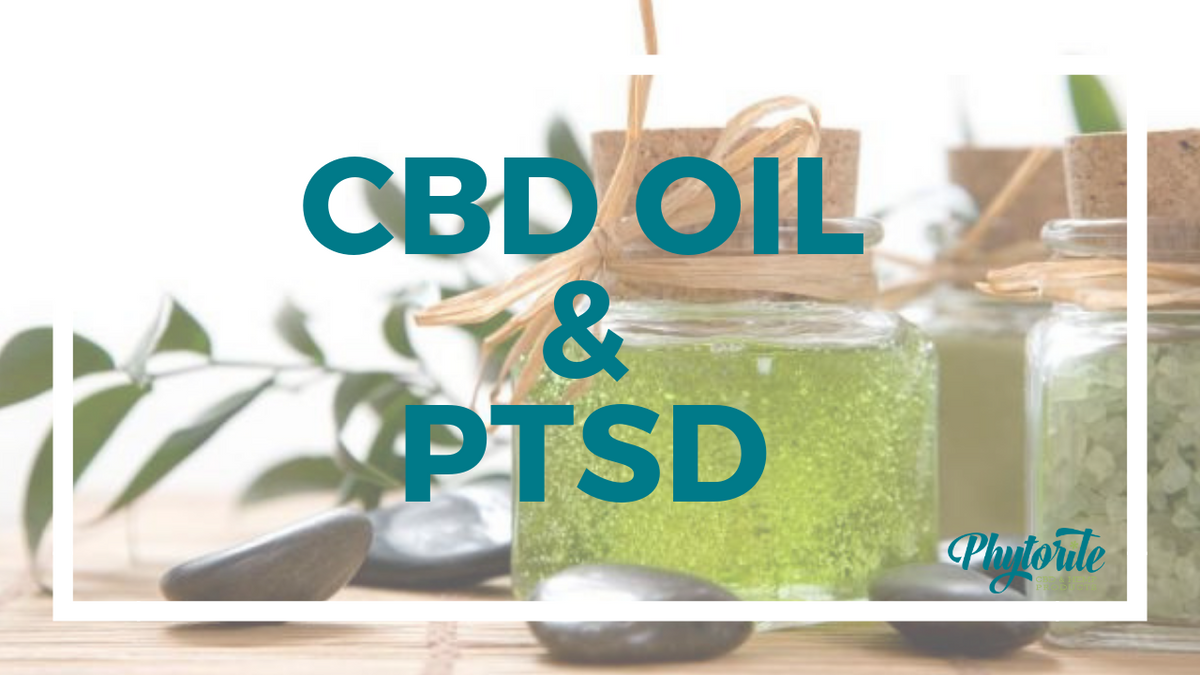
CBD And Insomnia

| DID YOU KNOW: Over 70 million Americans suffer from insomnia or some other sleeping disorder?
That's a LOT of sleepless people! Often sleeping problems are related to stress or anxiety, and if this is the case, insomnia can become a chronic issue that needs to be treated as an actual medical condition.
RESEARCH ON THE EFFECTS OF CBD FOR INSOMNIA
There have been several important studies have been published within the scientific and academic communities, showing that CBD for sleep may be a reliable – and efficient – treatment option.
| STUDY | PUBLICATION DATE | GENERAL TAKEAWAY |
|---|---|---|
| “The nonpsychoactive Cannabis constituent cannabidiol is a wake-inducing agent” |
Administration of CBD may have an impact on the sleep mechanism (including sleep-wake cycles) of rats
|
|
| “Effects of acute systemic administration of cannabidiol on sleep-wake cycle in rats.” |
Routine administration of CBD in rats increased alpha brain waves and suppressed delta waves, appearing to increase total sleep time
|
|
|
“Cannabis, Cannabinoids, and Sleep: A Review of the Literature” |
2017
|
Preliminary research into cannabis and insomnia suggests that cannabidiol (CBD) may have therapeutic potential for the treatment of insomnia. CBD may also hold promise for REM sleep behavior disorder, as well as excessive daytime sleepiness
|
| “Endocannabinoid Signaling Regulates Sleep Stability“ |
2016
|
Due to its anxiolytic properties and the fact that CBD may help fight anxiety, the active compound may be effective in regulating sleep stability
|
How CBD Affects Sleep Patterns
Given what you know about CBD already, you likely won’t be surprised to learn that it does not work as typical sleep medications do. In fact, some studies have shown it to actually be mildly alerting, and even to activate some of the same receptors that caffeine does. With this in mind, how can it possibly work to promote a healthy night’s sleep?In order to understand how CBD for insomnia works on a physiological level, we have to understand some of the basic chemical mechanisms that define it as an active compound.

Basically, CBD is a 100% natural chemical that’s found in the marijuana plant. It is what’s referred to as a “phytocannabinoid,” which means it belongs to a class of molecules that interact with endocannabinoid receptors in the human body. These receptors belong to the body's endocannabinoid system or ECS, which is responsible for essentially all of our homeostatic functions.
As humans, each and every one of us produces “endocannabinoids” – even if we’ve never consumed weed before in our lives. Among other things, the receptors have been shown to influence things like mood, depression, anxiety, appetite, and even pain and inflammation. When we have a deficiency in the amount of natural endocannabinoids in our body, then, you might suspect that any (or all) of these systems may be thrown entirely out of whack.

In terms of functioning as a specific sleep-promoting agent, CBD oil is believed to work by interacting with a network of receptors, proteins, and other chemicals in the brain that influence all sorts of things, including anxiety and the sleep-wake cycles that are inherent to obtaining a quality (and healthy) night’s sleep.
In fact, it’s estimated by the Anxiety and Depression Association of America (ADAA) that anxiety disorders are a routine cause of any number of sleep abnormalities and disorders, including those that may lead to insomnia.
| DID YOU KNOW: Anxiety can be a routine cause of sleep abnormalities, including those that may lead to chronic insomnia…

As of now, researchers understand that sleep is divided into multiple cycles with different phases, and it is generally regarded that CBD oil increases sleep in the third phase, which is the “deep sleep” phase. Furthermore, it has been shown that CBD decreases the duration of REM sleep, which is a phase of light sleep and is also the phase where dreams occur.
By reducing REM sleep, people dream less (meaning better quality sleep), their memory may be improved, and symptoms of depression may be decreased. All of these factors can potentially lend to a natural, much-improved state of quality sleep.
You may remember, however, that we mentioned earlier how CBD commonly functions to promote alertness, and even to activate receptors that are traditionally activated by caffeine.
| So how in the world can a compound that promotes alertness, also promote healthy sleeping patterns?
As it turns out, healthy sleep-wake cycles are extremely dependent on our state of “alertness” during the day. If you are a victim of insomnia, for example, you (along with millions of other individuals) are likely drowsy, fatigued, and generally “out-of-sorts” during the afternoon. As you might imagine, this wreaks havoc on your sleep-wake cycle as it makes it nearly impossible to enter and maintain the non-REM sleep that you need at night.
When appropriate doses of CBD are taken during the day (which should be determined in consultation with your doctor, but often include one dose in the morning and one in the evening), daytime performance is drastically improved, and in turn, both the “strength and consistency” of the sleep-wake cycle is also improved. Naturally, this enhances the ability of the body to enter the all-important non-REM sleep cycle at night.
If you are currently taking prescriptions for sleeplessness, consult your doctor prior to discontinuing any medication.
While much more evidence and clinical trials need to be carried out in order to better understand the precise mechanisms of CBD on various stages of the sleep-cycle, it is certainly no stretch of the imagination to hypothesize that CBD may influence chronic sleep patterns in a positive way. And many of our customers agree!
![]()
We would love to hear from you - reach out with any questions or feedback about CBD! Contact@phytorite.com
Subscribe at Phytorite.com for updates, information, and online specials.

WANT MORE INFO ON CBD?
CLICK HERE
Sources:
https://www.ncbi.nlm.nih.gov/pubmed/19045957
https://www.ncbi.nlm.nih.gov/pubmed/23343597
https://www.ncbi.nlm.nih.gov/pubmed/27031992
Leave a comment
Comments will be approved before showing up.
Also in News

CBD and PTSD











